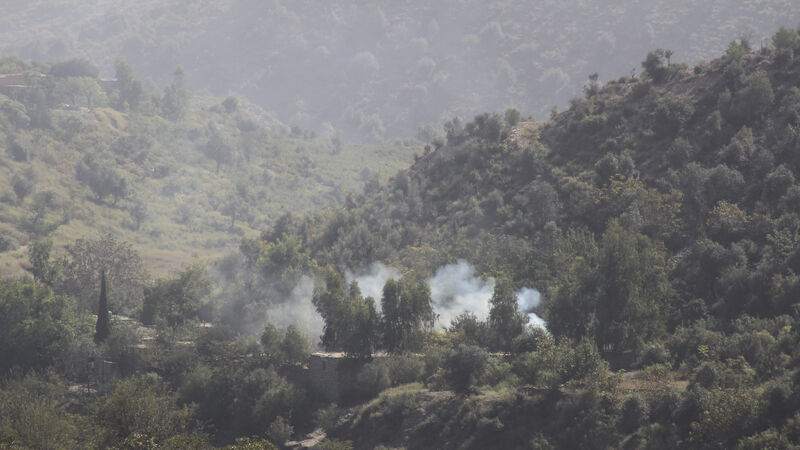Pakistan says 48-hour ceasefire has been agreed with Afghanistan

Pakistan said it agreed to a 48-hour ceasefire with Afghanistan following days of violence that have killed dozens of people on both sides of the border.
Pakistan’s foreign ministry said the ceasefire was at Afghanistan’s request.











